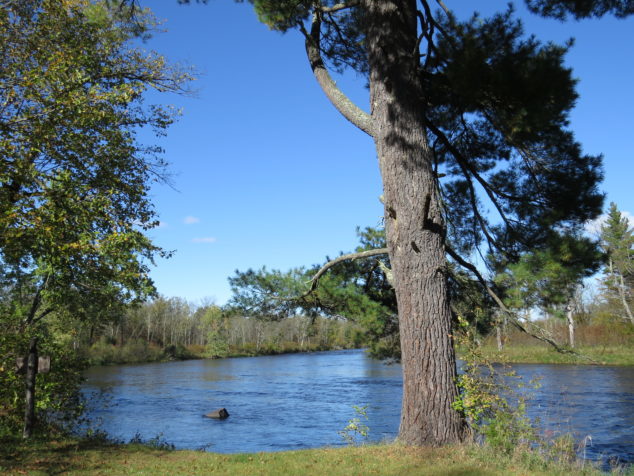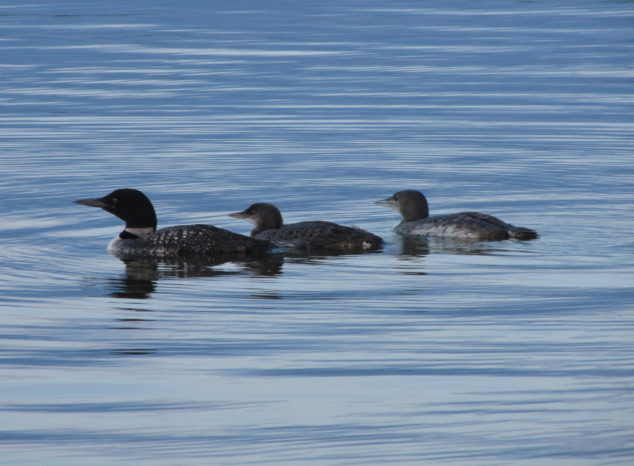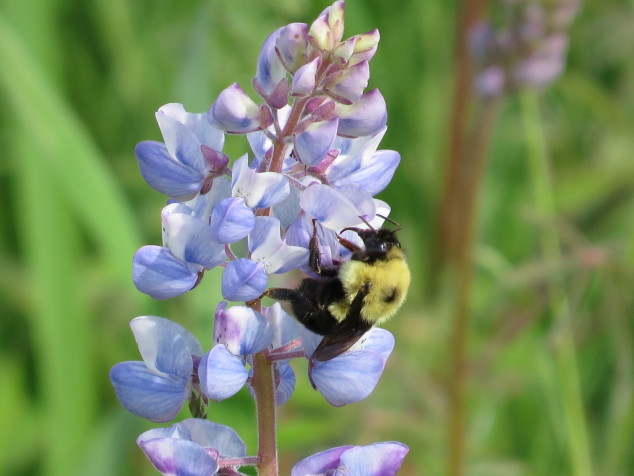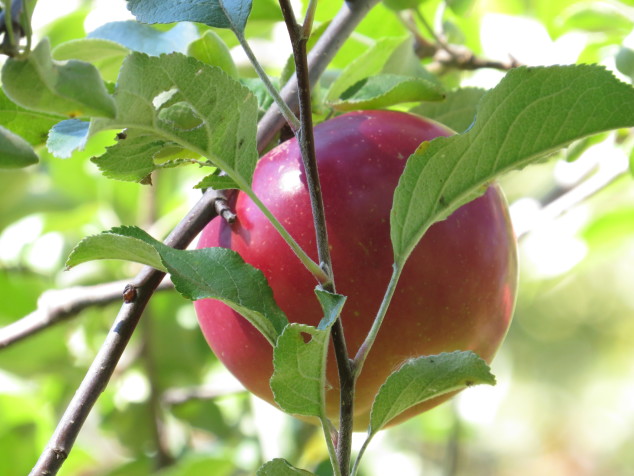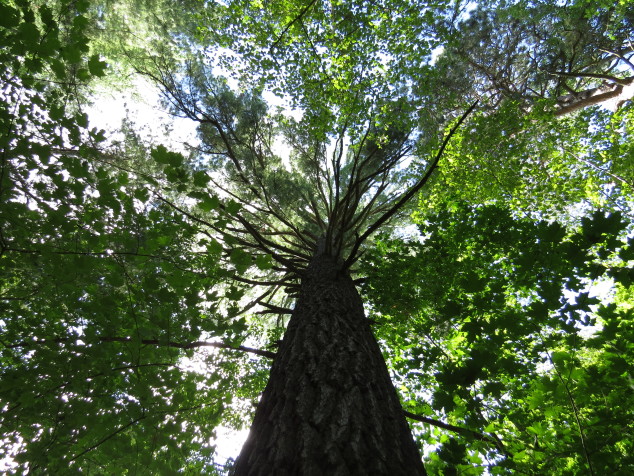I like things to make sense. When things don’t make sense in my mind, I ask questions—of myself and others. Information helps a person make sense of a situation. There have been a lot of things happening that don’t make any sense—why would a young person plan and carry out a school shooting or multiple bombings? Finding a motive or reason for such action is paramount to the investigation. Information is gathered from multiple sources, in multiple ways in order to figure it out. Many times though, the answer to the question of why a person acted as they did is never fully known.
Science also asks questions in order to find answers—it is the foundation of the scientific method. Information is gathered, past research is perused, a pertinent hypothesis formulated, the methodology carefully planned out and followed to exactitude. Did the results confirm the hypothesis? What conclusions were learned from the experiment? Questions, answers, more questions. And so it goes.
Questions about Nature have been studied by science for hundreds of years, and today the questions are just as important as ever. Why is the Monarch butterfly population in decline? https://www.annualreviews.org/doi/abs/10.1146/annurev-ento-020117-043241 http://www.eeb.cornell.edu/agrawal/documents/InamineetalAgrawal2016Oikosmonarchconservation_000.pdf
 Is our water safe? https://www.ncbi.nlm.nih.gov/pmc/articles/PMC1253773/
Is our water safe? https://www.ncbi.nlm.nih.gov/pmc/articles/PMC1253773/
https://www.mprnews.org/story/2016/07/13/minnesota-adds-pollution-sources-impaired-waters-list
What is killing our bee populations, and what is the impact on agriculture? https://www.uky.edu/~jast239/reprints/Geography%20Compass%202016.pdf http://mjpa.umich.edu/files/2014/08/2014-BiancoCooperFournier-HoneyBee.pdf
What happens when forests are clear-cut? https://www.youtube.com/watch?v=Un2yBgIAxYs https://www.sciencedaily.com/releases/2016/04/160415125925.htm
Scientific experiments seek to answer these complicated questions. Seldom is there a singular cut-and-dry reason; seldom is the answer an easy one. Mostly, answers lead to more questions. But each answer, each piece of information that is discovered about the situation, adds to the body of knowledge. It is a contribution to the big picture, and each piece shows a pathway to action that can be taken to solve the problem.
As for the things that don’t make sense in this world or in our lives, the same applies. Rarely is there just one reason; rarely is the reason a simple explanation. However, I hypothesize that there is always a reason for everything—not in the insensitive platitude ‘everything happens for a reason’ kind of way, but in the scientific ’cause and effect’ way. There was a reason why they gathered the guns and made the bombs, there was a reason they felt like this was an appropriate thing to do, there was a reason their thinking was so clouded and deluded, and there was a reason they fell through the cracks. As with everything, there is a long, complicated lineage of reasons why things occur. Answers lead to more questions. But information leads to understanding—that’s why questions are so important. That’s why multiple sources are important. That’s why experts are important. All help to configure the big picture, so we can take multiple pathways to solve these heart-breaking problems.
